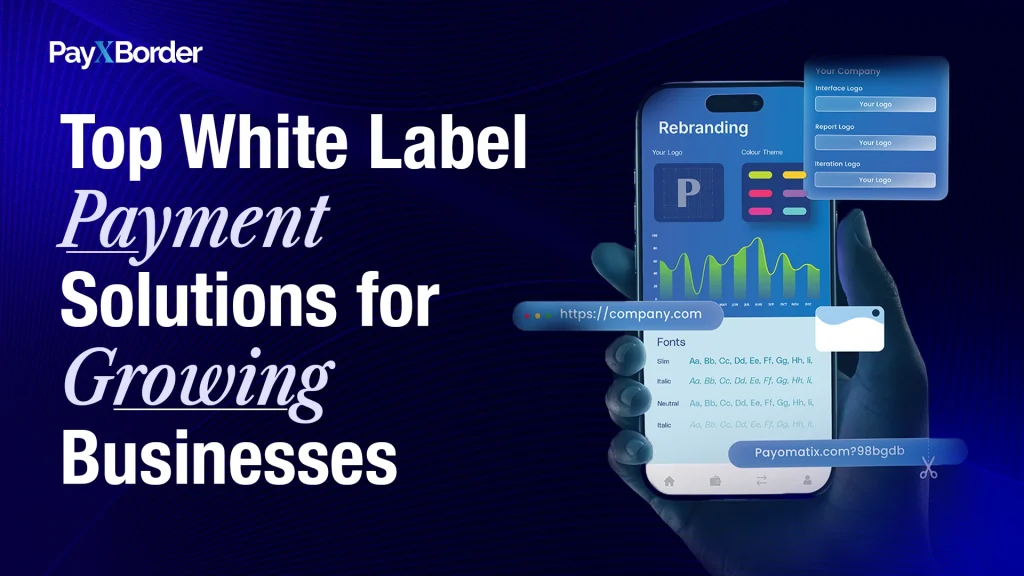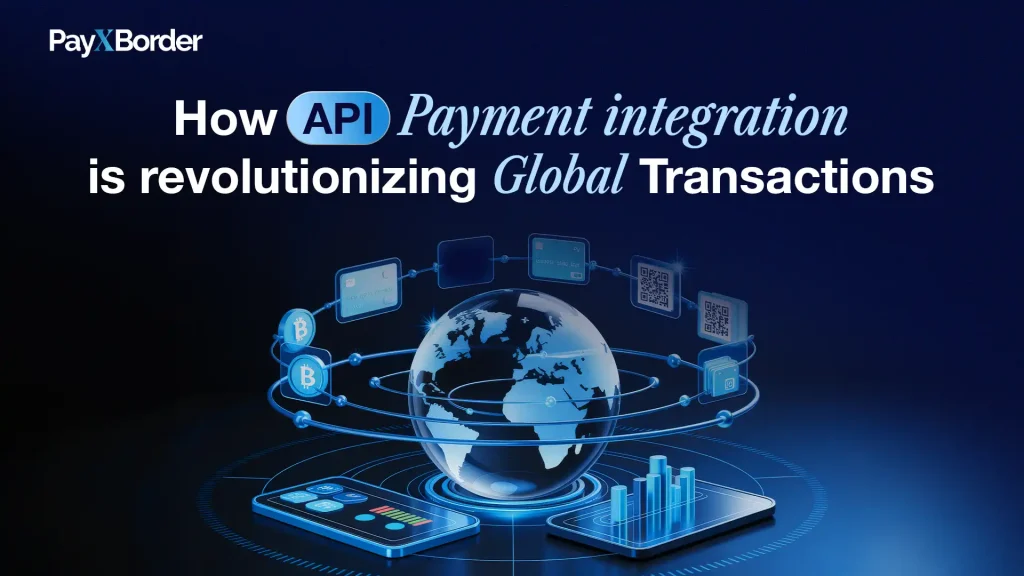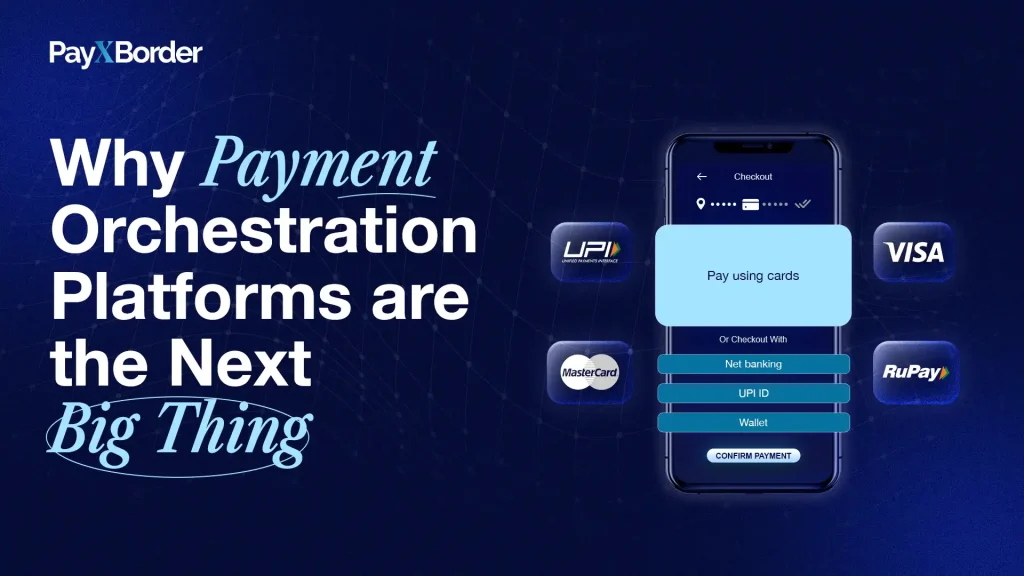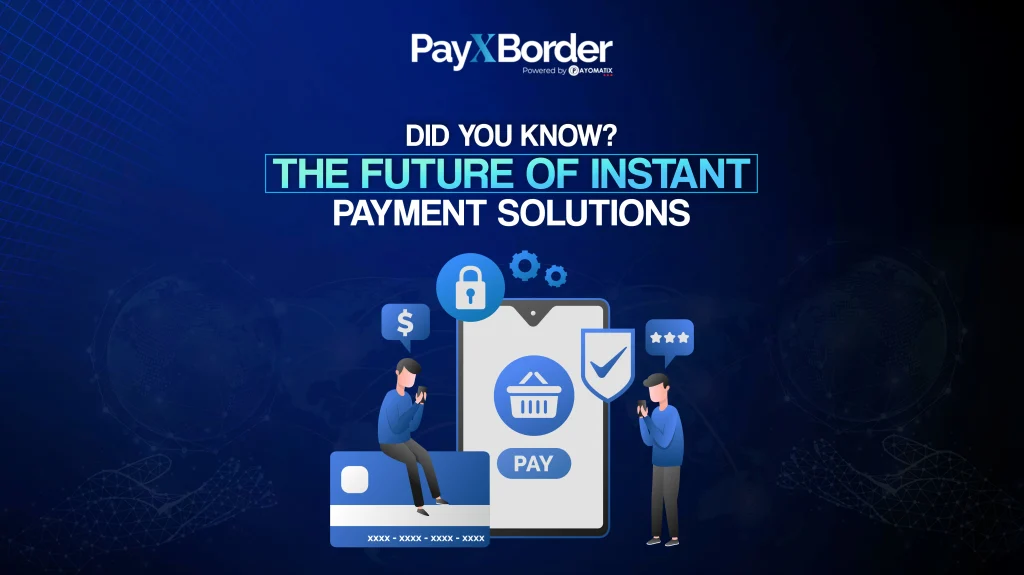© 2024 PayXborder by Payomatix. All rights reserved.
- Home
- Blogs
Your Trusted Partner for Cross Border Remittances
Expert Insights on Cross-Border Transactions, Global Remittances, and Secure Financial Solutions.
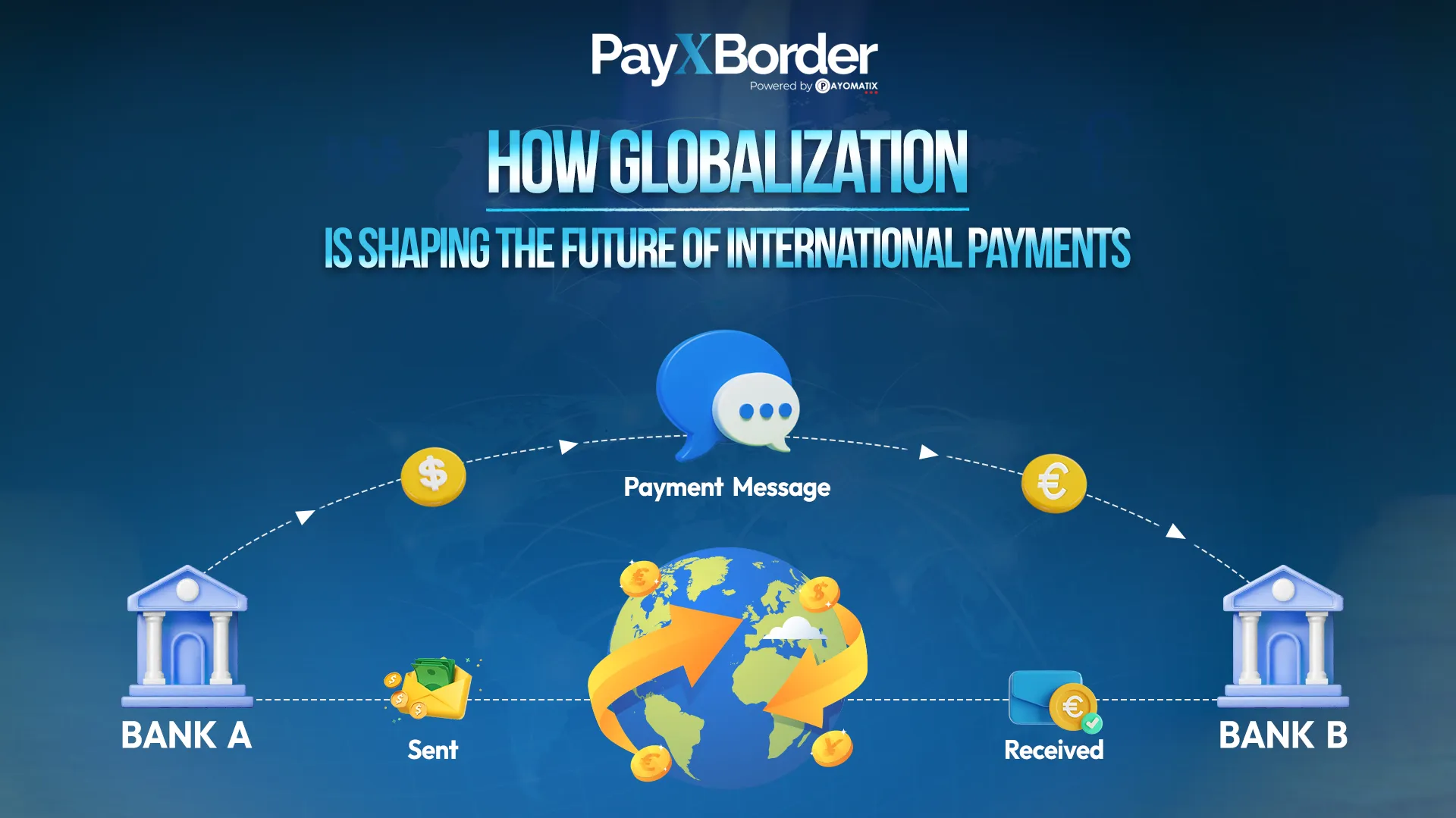
How Globalization is shaping
The future of international payments
Globalization continues to reshape how international payments are made, driving the demand for faster, more efficient, and transparent payment systems. With the integration of economies, businesses, consumers, and governments increasingly rely on cross-border payments to facilitate trade, investment, and financial transactions. Let’s explore the key trends driving these changes, the challenges faced, and the solutions that are emerging to meet global demands.
The Role of Globalization in Cross-Border Payments
Globalization is the increasing integration of economies, which has significantly increased the volume of international payments. Cross-border payments are essential to global trade, allowing businesses of all sizes to engage with international customers and suppliers. With the global cross-border payments industry expected to surpass $250 trillion by 2027, it’s clear that businesses need faster, more transparent solutions to manage their international transactions.
Key Trends Shaping the Future of International Payments
1. Fintech and Digital Payment Platforms
Fintech companies are transforming international payments by offering faster, lower-cost solutions. Platforms like PayXborder allow businesses and individuals to send and receive payments across borders efficiently, bypassing traditional banks, which tend to charge high fees and have slower processing times. Fintech innovations are essential for small and medium-sized businesses (SMEs) that need cost-effective ways to engage in global trade.
2. Blockchain and Cryptocurrencies
Blockchain technology enables decentralized, secure, and transparent transactions, reducing the need for intermediaries and cutting transaction times and costs. Cryptocurrencies, particularly stablecoins, are emerging as alternatives for cross-border payments, offering stability in currencies and faster settlements. However, regulatory uncertainty still poses challenges to widespread adoption.
3. Instant Payments and Real-Time Settlements
The demand for instant payments is growing, with businesses and consumers expecting faster transactions. Real-time payment systems are gaining popularity, such as SEPA Instant in Europe and similar solutions in Asia. As these systems are connected globally, cross-border payments will become faster and more efficient, reducing the long settlement times of traditional bank transfers.
4. E-Commerce and Global Consumerism
The rise of e-commerce has increased the need for seamless cross-border payments. Platforms that provide localized payment methods, real-time currency conversion, and fraud protection are critical to supporting global e-commerce growth. The expansion of super apps in regions like Asia, which integrate payments with other services, is also transforming the landscape of international payments.
Challenges in Cross-Border Payments
1. Regulatory Complexity
Navigating different regulations across countries can complicate cross-border payments. Each country has unique anti-money laundering (AML), know-your-customer (KYC), and compliance requirements, which can slow down transactions and increase costs for businesses. Payment providers must continuously update their systems to stay compliant across multiple jurisdictions.
2. Foreign Exchange (FX) Volatility
Dealing with multiple currencies in cross-border transactions exposes businesses to FX risk. Currency fluctuations can create uncertainty and increase transaction costs, impacting profitability and cash flow. Businesses need strategies to mitigate these risks, such as automated currency hedging or real-time currency conversions.
3. Fraud and Security Risks
Cross-border transactions are more vulnerable to fraud and cyberattacks due to the involvement of multiple intermediaries. Payment providers must adopt strong security measures such as encryption, multi-factor authentication, and real-time fraud detection to minimize risks. Educating businesses and consumers on fraud prevention is also crucial.
Potential Solutions to Address Challenges
1. Regulatory Harmonization
Efforts are underway to streamline global regulations, making cross-border payments more efficient. Initiatives like ISO 20022, which standardizes messaging between financial institutions, and global regulatory frameworks for AML and KYC compliance, aim to reduce the burden on businesses and simplify international transactions.
2. Advanced FX Management Tools
Payment platforms are providing businesses with tools for better FX management, such as automated hedging and real-time currency conversion, helping companies protect themselves from currency volatility and optimize cross-border payments.
3. Artificial Intelligence and Automation
AI and machine learning are enhancing fraud detection, automating compliance processes, and optimizing payment systems. By leveraging AI, businesses can reduce transaction times, enhance security, and streamline regulatory compliance, improving the overall cross-border payment experience.
The Impact on Global Trade and Finance
Globalization’s influence on international payments is transforming global trade and finance. As payments become faster, more secure, and more transparent, businesses of all sizes can engage in international trade more easily. This not only boosts global commerce but also increases foreign direct investment (FDI), helping emerging markets integrate into the global economy.
Conclusion: Stay Informed and Be Ready for the Future
As globalization continues to evolve, so too will international payments. The rise of fintech, blockchain, instant payments, and e-commerce is driving change, creating opportunities for businesses to expand their global reach. However, challenges like regulatory complexity, FX risk, and security concerns still need to be addressed.
To thrive in the global economy, businesses and individuals must stay informed about the latest trends and solutions in cross-border payments. Platforms like PayXborder are helping businesses navigate these changes by offering streamlined, secure, and transparent payment solutions.
Frequently Asked Questions
Everything You Need to Know About

Cross-border remittances refer to the transfer of money from one country to another, typically by individuals sending funds to family, friends, or businesses abroad.
Blockchain enhances cross-border transactions by increasing security, reducing costs, and eliminating intermediaries, making payments faster and more transparent.
Real-time international money transfers allow businesses and individuals to send and receive funds instantly, reducing delays and improving cash flow management.
AI helps detect fraud, automate compliance checks, and optimize seamless currency exchange, making cross-border financial services more secure and efficient.
APIs allow businesses to integrate international payment gateway functionalities into their platforms, enabling seamless cross-border transactions with real-time data sharing.

